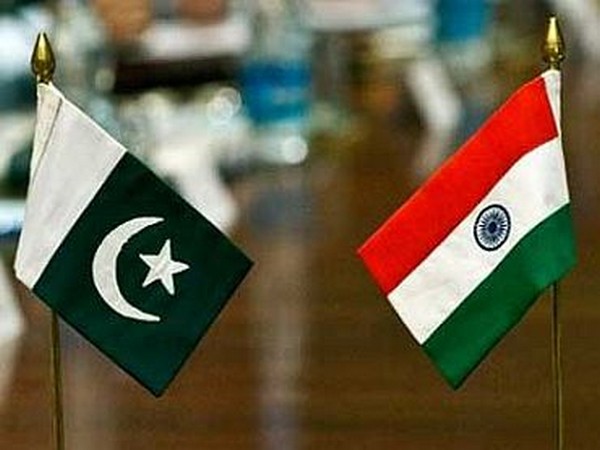According to the Annual Threat Assessment of the US Intelligence Community, under the leadership of Prime Minister Narendra Modi, India is more likely than in the past to respond with military force to perceived or real Pakistani provocations.
The report said the crises between India and Pakistan are more conderning because both are nuclear-armed states. However, Pakistan has a long history of supporting anti-India terrorist groups
But, under the leadership of Prime Minister Narendra Modi, India is more likely to respond with military force to perceived or real Pakistani provocations, than it was in the past, the threat assessment report said.
“Crises between India and Pakistan are of particular concern because of the risk of an escalatory cycle between two nuclear-armed states. New Delhi and Islamabad probably are inclined to reinforce the current calm in their relationship following both sides’ renewal of a cease-fire along the Line of Control in early 2021,” the Annual Threat Assessment of the US Intelligence Community report said.
It further said, “Pakistan has a long history of supporting anti-India militant groups, and under the leadership of Prime Minister Narendra Modi, India is more likely than in the past to respond with military force to perceived or real Pakistani provocations.”
“Each side’s perception of heightened tensions raises the risk of conflict, with violent unrest in Kashmir or a militant attack in India being potential flashpoints,” it said.
Interstate conflict, state instability, and other governance challenges pose direct and indirect challenges to US interests at home and abroad, and to its allies and partners.
Rising tensions underpinned by intensifying strategic competition present numerous consequences for US and partners’ national security.
Countries’ increased military operations across a number of geographic hotspots risk the possibility of inadvertent escalation and the potential for interstate conflict, the statement.
Russia’s war in Ukraine coupled with the Covid-19 pandemic has increased poverty, hindered economic growth, and widened inequality, raising the conditions that are ripe for domestic unrest, insurgencies, democratic backsliding, and authoritarianism.
The war in Ukraine has demonstrated how interstate conflict affects not only the parties directly involved, but can have broader cascading security, economic, and humanitarian implications on a regional–and even global–scale. The following are a few of the potential conflicts between states that could spillover with repercussions that may require immediate U.S. attention, the Threat Assesment Report said.
This annual report of worldwide threats to the national security of the United States reflects the collective insights of the Intelligence Community, which is committed every day to providing the nuanced, independent, and unvarnished intelligence that policymakers, warfighters, and domestic law enforcement personnel need to protect American lives and America’s interests anywhere in the world.
This assessment focuses on the most direct, serious threats to the United States in the upcoming year. (ANI)
Read More:https://lokmarg.com/
